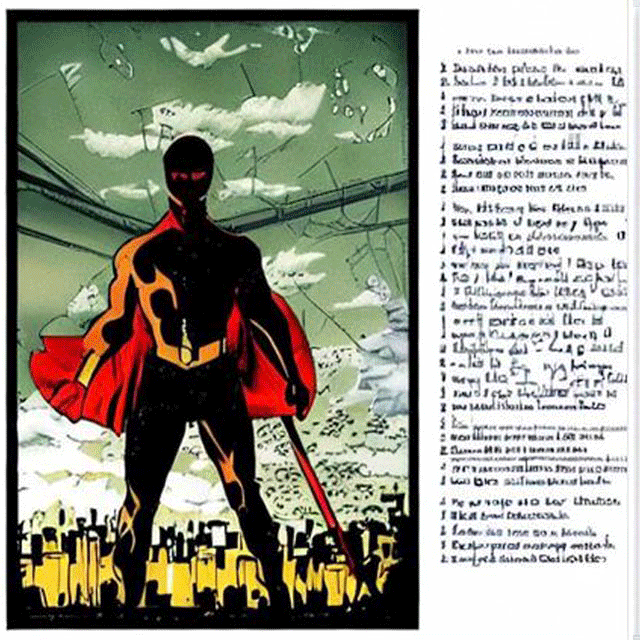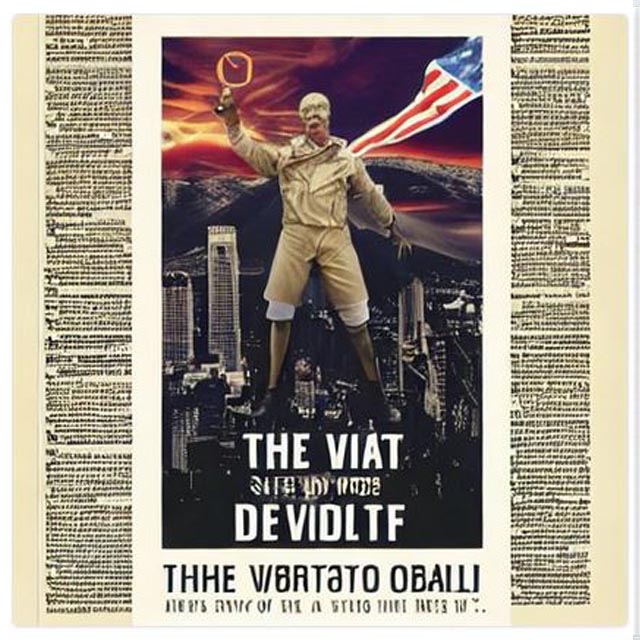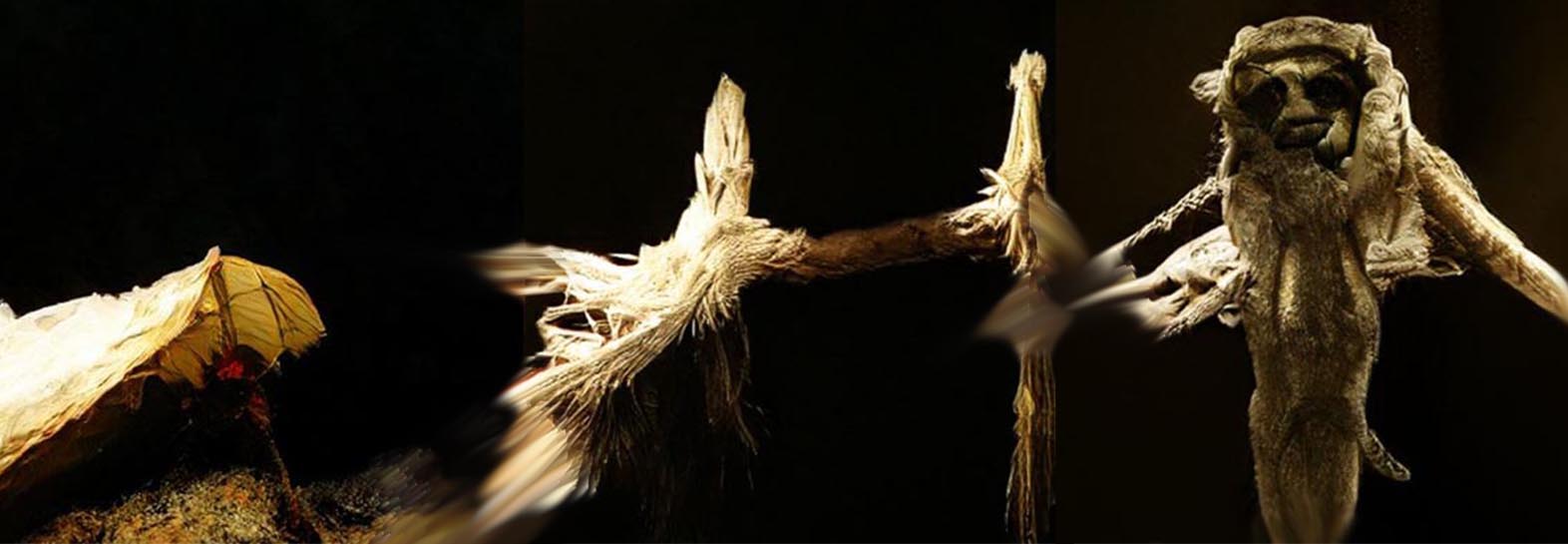The power of rituals - rules of the game of power
For tens of thousands of years, rituals have helped humans to cope with their existence.
"Church liturgies and political ceremonies make it clear: rituals are productions and representations of power. They work by appealing emotionally to their participants and spectators and by captivating them. The people involved in ritual acts believe in the function and necessity of the rituals and produce their effects through their belief. These include conveying the social hierarchies implicit in ritual arrangements, which rituals often conceal by giving themselves the appearance of being "natural" and as if they have always existed without being subject to historical change.
"In rituals,
something is staged and performed
that cannot be expressed or
represented in any other way. Herein
lies the specificity of ritual
arrangements. As in the actions of
theatre, the physical character of
rituals with their materiality
generate sensations and experiences
in participants and spectators that
are difficult to convey in any other
way. The magic and power of rituals
are rooted in this."
https://www.fu-berlin.de/presse/publikationen/tsp/archiv/2006/ts_20060211/ts_20060211_07.html
A fetish
(derived from the French fétiche, which
comes from the Portuguese feitiço, and
this in turn from the Latin facticius,
"artificial" and facere, "to make") is
an object to which supernatural powers
are attributed, or especially a man-made
object that has power over others.
Essentially, fetishism is the
attribution of inherent value or powers
to an object.
Originally, the
Portuguese developed the concept of
fetish to refer to the objects used in
religious practices by the West African
peoples of the time.
The belief in the organic vitality and spirituality of the natural world
The theory
of fetishism was formulated in the late
18th century by G. W. F. Hegel in his
Lectures on the Philosophy of History.
According to Hegel, Africans were
incapable of abstract thought, their
ideas and actions were determined by
impulses, and therefore a fetish object
could be anything that was arbitrarily
endowed with imaginary powers....
Oh yes, to have power!
Karl Marx
already wrote in Capital about the
fetish character of the commodity and
its mystery: "At first glance, a
commodity seems to be a trivial thing.
But if you look more closely, you can
recognise its metaphysical subtleties
and theological quirks in the commodity.
We too have become commodity.
Later
Guy Debord
has found in the
concept of the spectacle the point at
which one can leverage contemporary
society.
The fetishism of
commodities is a deterministic myth,
designed to conserve the existing order
by convincing the people in it that they
can do no other. By picturing themselves
as unfree, men make themselves unfree:
their prophecy of powerlessness is
self-fulfilling.
Jean Baudrillard begins to treat fetishism as a sign of social value; the fetish object is seen as a symbol of the owner's social status. Here, the fetish is no longer an unreal object to which properties are attributed that it does not have in reality, but it is a means of conveying social values through material culture. For Baudrillard, the fetish is the site of a fusion or confusion of subject and object...
The performative cultures
In all periods of history and in all societies, certain ideas, principles, writings, objects or practices have been understood as superior and unavailable.Thus, they were also ascribed a regulatory function for collective ways of thinking and acting.
De/sacralisations are understood as processes and practices through which things, persons and ideas are communicated as unavailable, unchangeable and order-giving instances or confirm or change their elevated status.
Basically, it is about legitimising rule and the social relevance of certain power interests. Through the use of familiar rituals, value concepts of a political discourse can be mystified/sacralised (or desacralised) and simultaneously legitimised.
(An example is ringing in the stock exchange day - the priest does the same in his mass: After the first "Amen" after the offertory ( communion), the bell is rung).
Author's private note: In Mexico, a rubbish man with bell goes ahead to announce rubbish truck
These processes of sacralisation have so far been understood as progressive disenchantment.
See more about "Why do they ring the bell at the stock exchange?" here:
https://twitter.com/tobiasjust/status/1469217816532463616
https://www.nyse.com/the-bell/history
https://www.nasdaq.com/marketsite/bell-ringing-ceremony
Everything has become a commodity - including tolerance
 A speculative direction:
A speculative direction:From the perception to the empowerment of the world
In his book "Archaeology of Knowledge", Michel Foucault asks about the conditions of statements.
Foucault describes statements as a product of relationships between economic and social processes or systems of norms (especially institutions, sciences, etc.).
Statements are thus a result of "reinscriptions and rewritings" in discourses and dispositives.
This also means that concepts, terms and definitions are constantly forgotten and destroyed.
The archaeology of knowledge asks questions such as: How should one specify the various terms with which one tries to grasp discontinuity in history (threshold, rupture, incision, change, transformation)?
There is
still a killer, not only on the road:
https://www.youtube.com/watch?v=bM9SHDNAbPw
There are more pages:
- The information pathology - term and application
- The private view
- The individual
- The community of Coyomeapan
- I have to change my life
- The storm (introduction 1)
- The world (introduction 2)
- The comfort zone (introduction 3)




